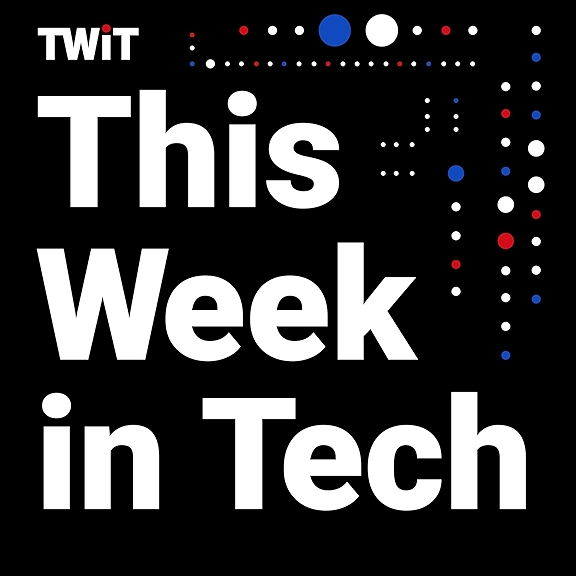
What if we thought about democracy as a kind of open-source social technology, in which everyone can see the how and why of policy making, and everyone’s concerns and preferences are elicited in a way that respects each person’s community, dignity, and importance?
This is what Audrey Tang has worked toward as Taiwan’s first Digital Minister, a position the free software programmer has held since 2016. She has taken the best of open source and open culture and successfully used them to help reform her country’s government. Tang speaks with EFF’s Cindy Cohn and Jason Kelley about how Taiwan has shown that openness not only works but can outshine more authoritarian competition, wherein governments often lock up data.
In this episode you’ll learn about:
- Using technology including artificial intelligence to help surface our areas of agreement, rather than to identify and exacerbate our differences
- The “radical transparency” of recording and making public every meeting in which a government official takes part, to shed light on the policy-making process
- How Taiwan worked with civil society to ensure that no privacy and human rights were traded away for public health and safety during the COVID-19 pandemic
- Why maintaining credible neutrality from partisan politics and developing strong public and civic digital infrastructure are key to advancing democracy.
Audrey Tang has served as Taiwan's first Digital Minister since 2016, by which time she already was known for revitalizing the computer languages Perl and Haskell, as well as for building the online spreadsheet system EtherCalc in collaboration with Dan Bricklin. In the public sector, she served on the Taiwan National Development Council’s open data committee and basic education curriculum committee and led the country’s first e-Rulemaking project. In the private sector, she worked as a consultant with Apple on computational linguistics, with Oxford University Press on crowd lexicography, and with Socialtext on social interaction design. In the social sector, she actively contributes to g0v (“gov zero”), a vibrant community focusing on creating tools for the civil society, with the call to “fork the government.”




















